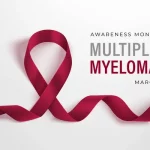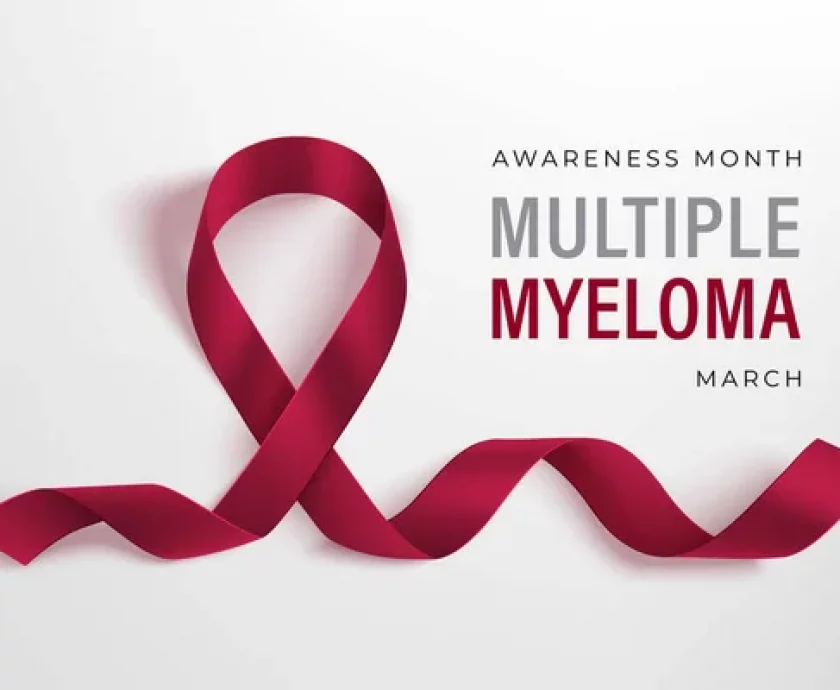Testicular cancer in Mauritius is not talked about enough.
Testicular cancer is a rare but serious disease that affects the testicles, which are the male reproductive organs responsible for producing sperm and testosterone. While the disease only accounts for about 1% of all cancers in men, it can be fatal if left untreated, and it usually affects males between the ages of 20 and 39. However, the lack of awareness and knowledge about this cancer can delay diagnosis and treatment. It is essential for men to know the signs and symptoms of testicular cancer so that they can seek medical attention immediately.
Here are some things you should know about testicular cancer:
Early detection is key
Testicular cancer is highly treatable when caught early. Men should perform regular self-examinations to check for any lumps or abnormalities in their testicles. A lump or swelling in the testicle, a feeling of heaviness or achiness in the scrotum, or a dull ache in the lower abdomen or groin can all be warning signs of the disease.
Risk factors
While anyone can develop testicular cancer, certain factors can increase a man’s risk. These include having an undescended testicle, a family history of the disease, and a personal history of testicular cancer in the other testicle.
Diagnosis
If you notice any signs or symptoms of testicular cancer, it is important to see a healthcare provider immediately. Your doctor will likely perform a physical exam, as well as blood tests and imaging tests like an ultrasound, to determine if cancer is present.
Treatment
Treatment for testicular cancer typically involves surgery to remove the affected testicle, followed by radiation or chemotherapy as needed. In some cases, both testicles may need to be removed.
Fertility concerns
Testicular cancer treatment can affect a man’s fertility, and it is important to discuss this with your doctor prior to treatment. Options like sperm banking or adoption may be considered to preserve the possibility of fathering children in the future.
Testicular cancer is a treatable cancer, and the survival rate is high if it is detected and treated early. However, the misconception that testicular cancer only affects older men or is not a serious disease can lead to neglect of proper self-examination and early detection. We must work together to increase awareness and education about testicular cancer and reduce the stigma associated with discussing men’s health issues.





